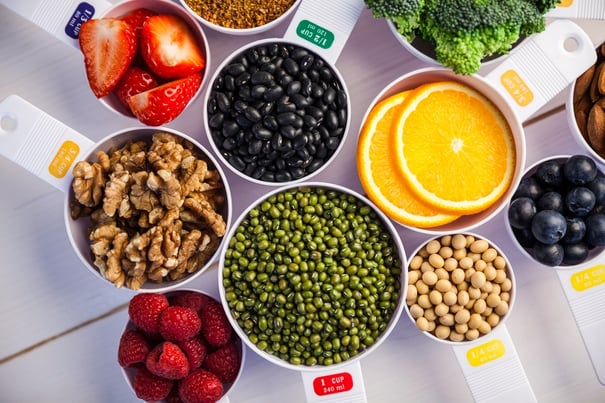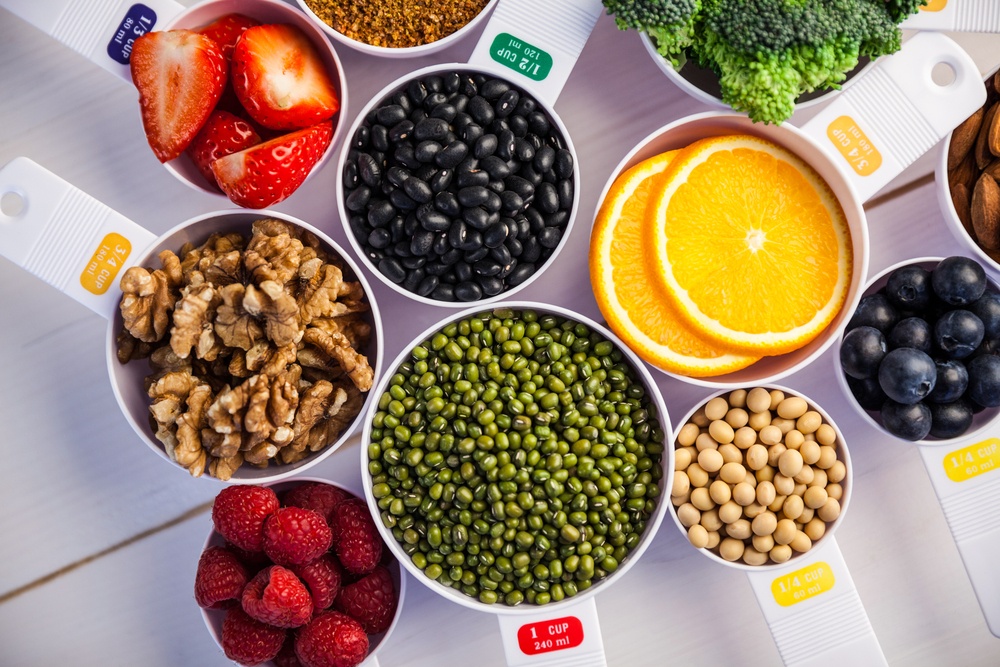In my blog post ‘Why You Need A Meal Plan’, I talked about planning being key to help reduce or eliminate mindless, unbalanced, and/or unplanned eating that may be interfering with your health goals. So now that you have a plan, the next step is – A Food Diary!
Studies show that your chances of reaching your health goals increase significantly when you keep a food diary. One study of 1,700 people conducted by the Kaiser Center for Health Research in Portland, Oregon, found that dieters who kept a food diary for six months lost twice as much weight as those who kept no food record.
So a food diary may be the magic that you are missing in your weight loss program!

But it really isn’t magic, here are the reasons why recording what you are eating and drinking is so important.
Accountability
Food diaries keep you accountable, to yourself and to someone else if you are sharing it with a professional like a nutritionist.
Awareness
Your awareness increases of what, how much, and why you are eating. Once recorded you may notice that you are grabbing a donut with your tea more times than you thought.
Patterns also become more evident. Why are you grabbing a donut? With a food diary you might notice that the donut seems to come on days when you have a light lunch or just a salad. Then you can make a plan to help with this situation such as adding more protein to the salad and some chickpeas too for sustained energy.
Thinking Before Eating
A comment I often hear is that keeping a food diary helps stop mindless eating because the thought of having to write it down starts an internal dialogue. Am I hungry? Do I really need this snack? Didn’t I just have a donut yesterday?
You Don’t Forget Your Drinks
Often calories can sneak in through what we are drinking without us realizing it. By recording drinks such as specialized coffees, pop, ice tea, and wine you can identify additional calories that may be easy to cut.
Motivating
Knowing that what you are eating and drinking is being recorded can be a motivator to eat wiser with better choices and less overeating.
How you keep a food diary is up to you, you can keep a paper log or use our own fitness and nutrition app, ORC Fit. Here are some tips to get you started.
- In addition to recording your meals, snacks and drinks you can also record your sleep, exercise, and in general how you are feeling to help you further understand your eating patterns.
- Don’t skip recording on the weekends when eating patterns can change.
- To make sure your food diary is accurate record your food and drinks as you go through your day or at the very least at the end of every day.
- Recording portion sizes can be helpful as well.
How long do you need to do a food diary? Well that is up to you, but whenever you feel that you are getting off track remember to go back to doing a food diary and let it do its magic.
Would you like to learn more great ways to get your family's nutrition in line? Check out Christine's Meal Planning 101 Workshops!




